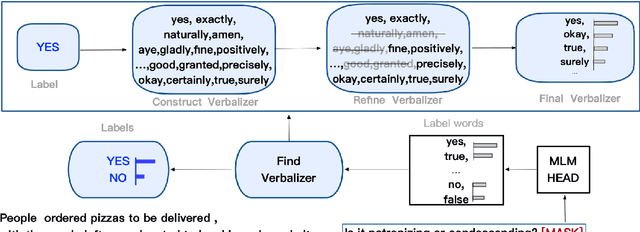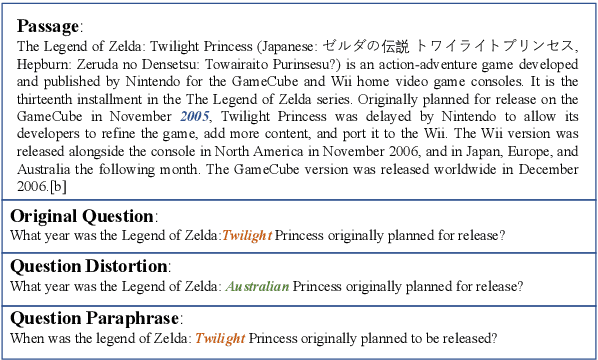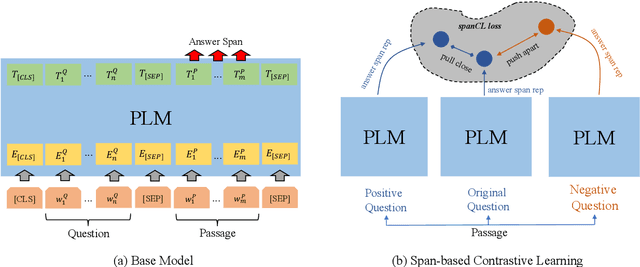Chenxiao Dou
Towards Open-World Mobile Manipulation in Homes: Lessons from the Neurips 2023 HomeRobot Open Vocabulary Mobile Manipulation Challenge
Jul 09, 2024



Abstract:In order to develop robots that can effectively serve as versatile and capable home assistants, it is crucial for them to reliably perceive and interact with a wide variety of objects across diverse environments. To this end, we proposed Open Vocabulary Mobile Manipulation as a key benchmark task for robotics: finding any object in a novel environment and placing it on any receptacle surface within that environment. We organized a NeurIPS 2023 competition featuring both simulation and real-world components to evaluate solutions to this task. Our baselines on the most challenging version of this task, using real perception in simulation, achieved only an 0.8% success rate; by the end of the competition, the best participants achieved an 10.8\% success rate, a 13x improvement. We observed that the most successful teams employed a variety of methods, yet two common threads emerged among the best solutions: enhancing error detection and recovery, and improving the integration of perception with decision-making processes. In this paper, we detail the results and methodologies used, both in simulation and real-world settings. We discuss the lessons learned and their implications for future research. Additionally, we compare performance in real and simulated environments, emphasizing the necessity for robust generalization to novel settings.
BEIKE NLP at SemEval-2022 Task 4: Prompt-Based Paragraph Classification for Patronizing and Condescending Language Detection
Aug 02, 2022

Abstract:PCL detection task is aimed at identifying and categorizing language that is patronizing or condescending towards vulnerable communities in the general media.Compared to other NLP tasks of paragraph classification, the negative language presented in the PCL detection task is usually more implicit and subtle to be recognized, making the performance of common text-classification approaches disappointed. Targeting the PCL detection problem in SemEval-2022 Task 4, in this paper, we give an introduction to our team's solution, which exploits the power of prompt-based learning on paragraph classification. We reformulate the task as an appropriate cloze prompt and use pre-trained Masked Language Models to fill the cloze slot. For the two subtasks, binary classification and multi-label classification, DeBERTa model is adopted and fine-tuned to predict masked label words of task-specific prompts. On the evaluation dataset, for binary classification, our approach achieves an F1-score of 0.6406; for multi-label classification, our approach achieves an macro-F1-score of 0.4689 and ranks first in the leaderboard.
To Answer or Not to Answer? Improving Machine Reading Comprehension Model with Span-based Contrastive Learning
Aug 02, 2022



Abstract:Machine Reading Comprehension with Unanswerable Questions is a difficult NLP task, challenged by the questions which can not be answered from passages. It is observed that subtle literal changes often make an answerable question unanswerable, however, most MRC models fail to recognize such changes. To address this problem, in this paper, we propose a span-based method of Contrastive Learning (spanCL) which explicitly contrast answerable questions with their answerable and unanswerable counterparts at the answer span level. With spanCL, MRC models are forced to perceive crucial semantic changes from slight literal differences. Experiments on SQuAD 2.0 dataset show that spanCL can improve baselines significantly, yielding 0.86-2.14 absolute EM improvements. Additional experiments also show that spanCL is an effective way to utilize generated questions.
 Add to Chrome
Add to Chrome Add to Firefox
Add to Firefox Add to Edge
Add to Edge